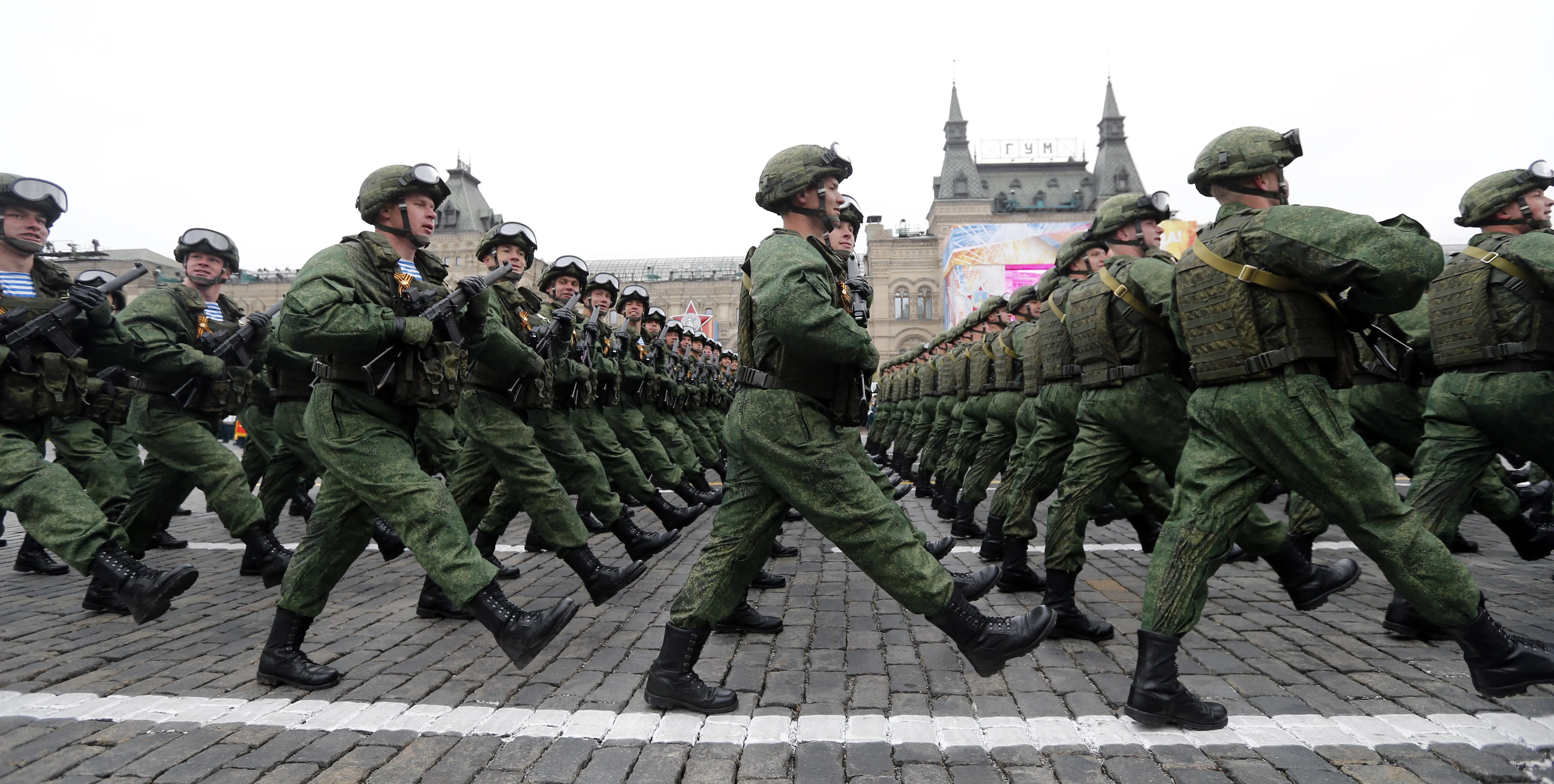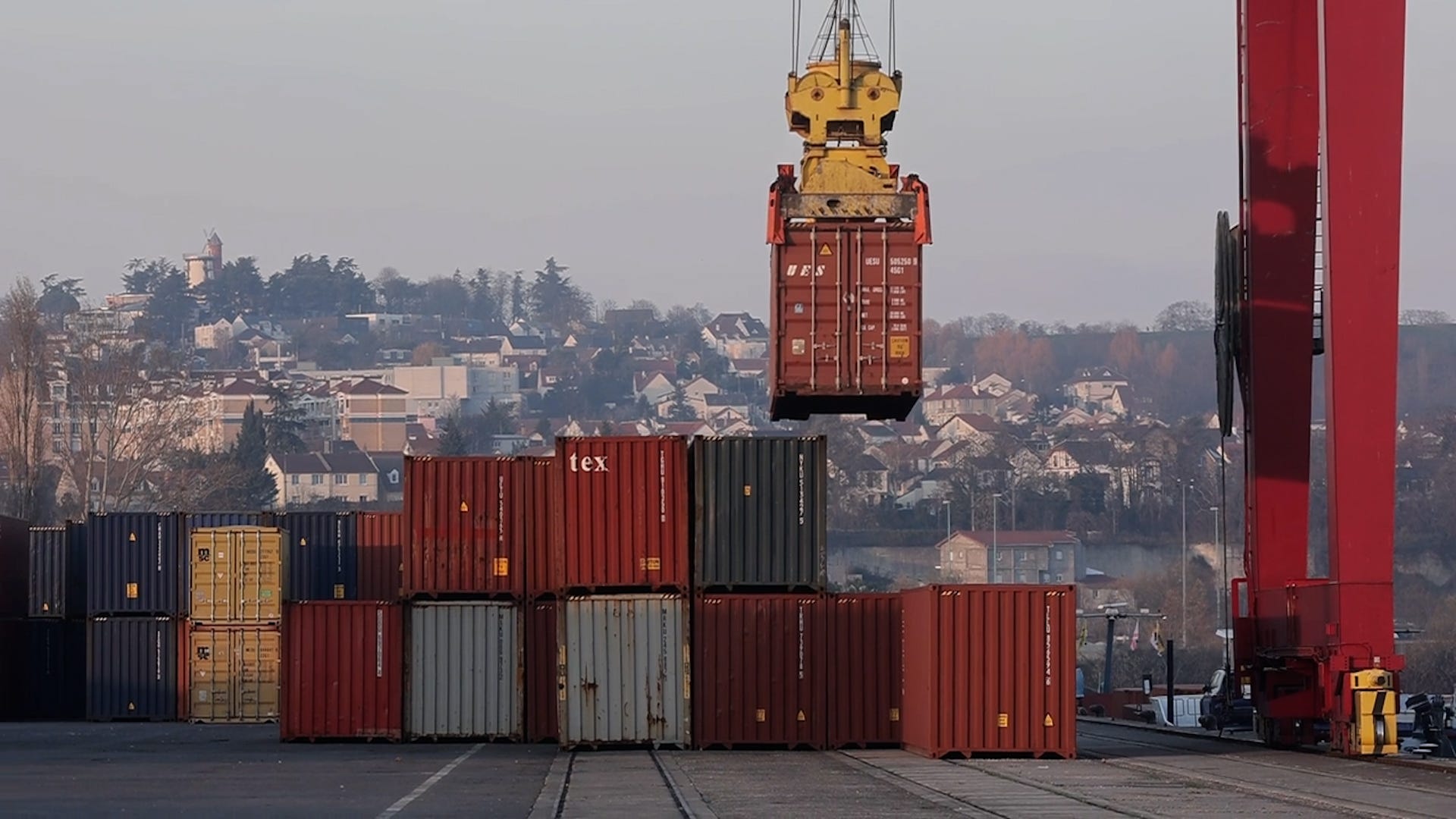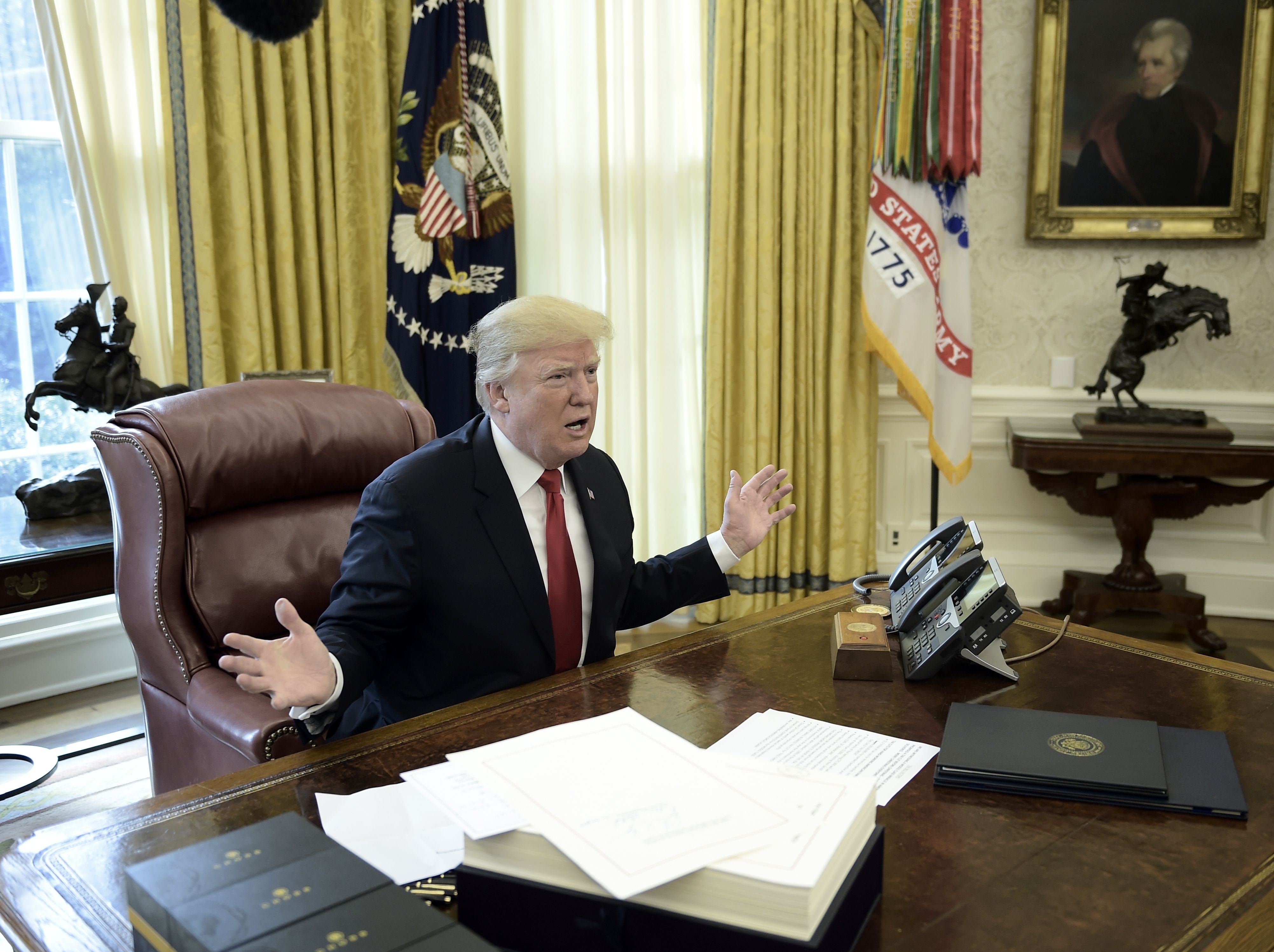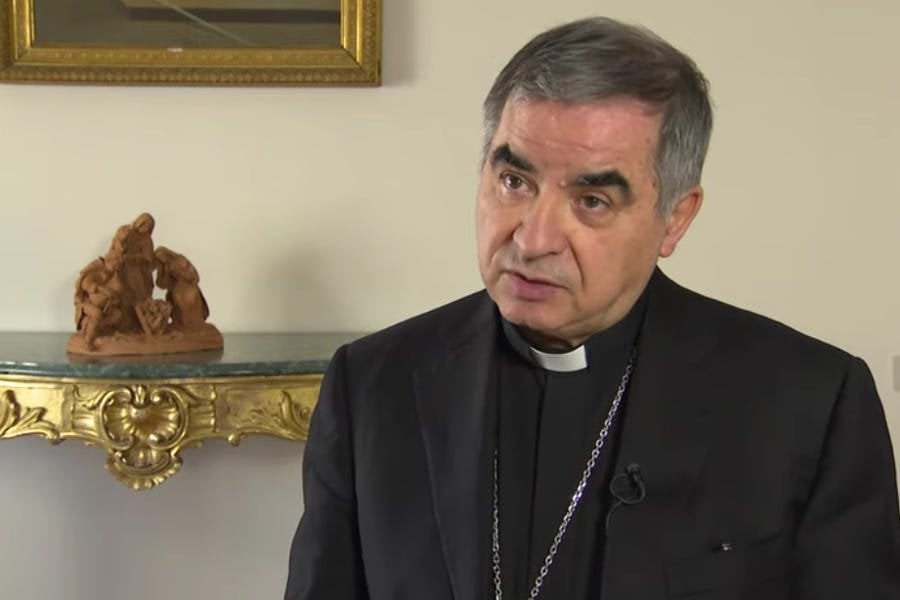Understanding Russia's Military Strategy And Its Impact On Europe

Table of Contents
Historical Context of Russia's Military Doctrine
Russia's current military strategy is deeply rooted in its historical context, evolving significantly from the Soviet era to the present day. Understanding this evolution is crucial to grasping its contemporary implications.
Soviet Legacy and its Influence
The Cold War profoundly shaped Russian military thinking. The Soviet Union's military doctrine emphasized:
- Massive conventional force projection: The ability to deploy large numbers of troops and equipment across vast distances.
- Nuclear deterrence: Maintaining a substantial nuclear arsenal to deter potential adversaries.
- Asymmetric warfare: Employing unconventional tactics and strategies to offset perceived technological disadvantages.
This legacy continues to influence Russia's approach to defense and foreign policy, even after the collapse of the USSR.
Post-Soviet Re-orientation
The dissolution of the Soviet Union forced a significant re-evaluation of Russia's military doctrine. The post-Soviet period witnessed:
- Downsizing and modernization of the military: A shift from sheer numbers to a more technologically advanced, albeit smaller, fighting force.
- Focus on rapid reaction forces: The development of highly mobile units capable of swift deployment and decisive action.
- Increased reliance on cyber warfare: The integration of cyberattacks and information operations into military strategy.
This adaptation reflects Russia's efforts to project power in a post-Cold War world characterized by new challenges and technological advancements.
Key Components of Russia's Current Military Strategy
Russia's current military strategy is multifaceted, encompassing various elements that work in concert to achieve its geopolitical objectives.
Emphasis on Information Warfare and Hybrid Operations
Information warfare and hybrid operations are central to Russia's military strategy. This involves:
- Disinformation campaigns: The deliberate spread of false or misleading information to influence public opinion and sow discord.
- Cyberattacks: Targeting critical infrastructure and government systems to disrupt operations and undermine stability.
- Political and economic pressure: Using these tools to achieve political goals without resorting to direct military intervention.
Examples include the alleged interference in the 2016 US presidential election and the ongoing disinformation campaigns targeting Ukraine and other neighboring countries. Understanding this aspect of Russia's military strategy is vital.
Near Abroad Doctrine and its Implications for Neighboring States
The "Near Abroad" doctrine refers to Russia's perceived sphere of influence encompassing former Soviet republics. This doctrine significantly impacts Russia's foreign policy and military deployments:
- Military interventions: Russia has intervened militarily in several "Near Abroad" countries, notably Ukraine and Georgia, citing security concerns.
- Political influence: Russia exerts considerable political and economic leverage over countries in its "Near Abroad," often interfering in their internal affairs.
- Military bases and deployments: Russia maintains military bases and deploys troops in several "Near Abroad" countries, further solidifying its influence.
Nuclear Deterrence and its Role in Strategic Calculations
Russia's nuclear arsenal remains a crucial element of its military strategy. It plays a vital role in deterring potential adversaries and influencing geopolitical decisions:
- Modernization of nuclear forces: Russia is actively modernizing its nuclear weapons and delivery systems, maintaining a credible nuclear deterrent.
- Nuclear signaling: Russia utilizes its nuclear capabilities to signal resolve and influence decision-making in international relations.
- Escalation dominance: This strategy aims to create a perception that Russia can escalate conflicts to a nuclear level more effectively than other nations.
The Impact of Russia's Military Strategy on Europe
Russia's military strategy has profound implications for Europe, impacting its security architecture and geopolitical landscape.
Increased Military Spending and Arms Race
Russia's military actions have prompted a significant increase in European military spending and a reinforcement of NATO alliances:
- Increased defense budgets: European countries have increased their defense budgets in response to perceived threats from Russia.
- NATO expansion: NATO has expanded its membership, incorporating several Eastern European countries formerly within the Soviet sphere of influence.
- Reinforced military cooperation: European countries have enhanced their military cooperation and coordination to counter potential Russian aggression.
Geopolitical Instability and Regional Conflicts
Russia's military actions contribute to geopolitical instability and regional conflicts in Eastern Europe:
- Conflict in Ukraine: The ongoing conflict in Ukraine is a prime example of the destabilization caused by Russia's military intervention.
- Tensions in the Baltic States: Russia's military activities near the Baltic States have heightened tensions and security concerns in the region.
- Hybrid warfare tactics: Russia's use of hybrid warfare tactics makes it difficult to attribute responsibility and escalate conflicts in a controlled manner.
Challenges to European Security Architecture
Russia's military strategy challenges the existing European security architecture, undermining international law and norms:
- Violation of sovereignty: Russia's military interventions in neighboring countries violate their sovereignty and territorial integrity.
- Undermining international organizations: Russia's actions undermine the effectiveness of international organizations such as NATO and the OSCE.
- Erosion of trust: Russia's actions have eroded trust among European nations and created a climate of uncertainty and insecurity.
Conclusion
Understanding Russia's military strategy is crucial for navigating the complexities of the current geopolitical landscape. This strategy, shaped by its historical context and encompassing information warfare, the "Near Abroad" doctrine, and nuclear deterrence, has profound and multifaceted consequences for Europe, leading to increased military spending, geopolitical instability, and challenges to the existing security architecture. Continue your research into this critical topic by exploring resources from organizations like the International Institute for Strategic Studies (IISS) and the Center for Strategic and International Studies (CSIS) to stay informed about its evolving implications for Europe and global security. Further understanding of Russia's military strategy is essential for effective policymaking and maintaining stability in the region.

Featured Posts
-
 Trumps China Tariffs Higher Prices And Empty Shelves For The Us Economy
Apr 29, 2025
Trumps China Tariffs Higher Prices And Empty Shelves For The Us Economy
Apr 29, 2025 -
 Will Republican Infighting Sink Trumps Big Beautiful Tax Bill
Apr 29, 2025
Will Republican Infighting Sink Trumps Big Beautiful Tax Bill
Apr 29, 2025 -
 Pw C Exits Nine African Countries Impact On Senegal Gabon And Madagascar
Apr 29, 2025
Pw C Exits Nine African Countries Impact On Senegal Gabon And Madagascar
Apr 29, 2025 -
 How To Get Capital Summertime Ball 2025 Tickets A Complete Guide
Apr 29, 2025
How To Get Capital Summertime Ball 2025 Tickets A Complete Guide
Apr 29, 2025 -
 Cardinal Beccius Unfair Trial Claim Bolstered By New Evidence
Apr 29, 2025
Cardinal Beccius Unfair Trial Claim Bolstered By New Evidence
Apr 29, 2025
